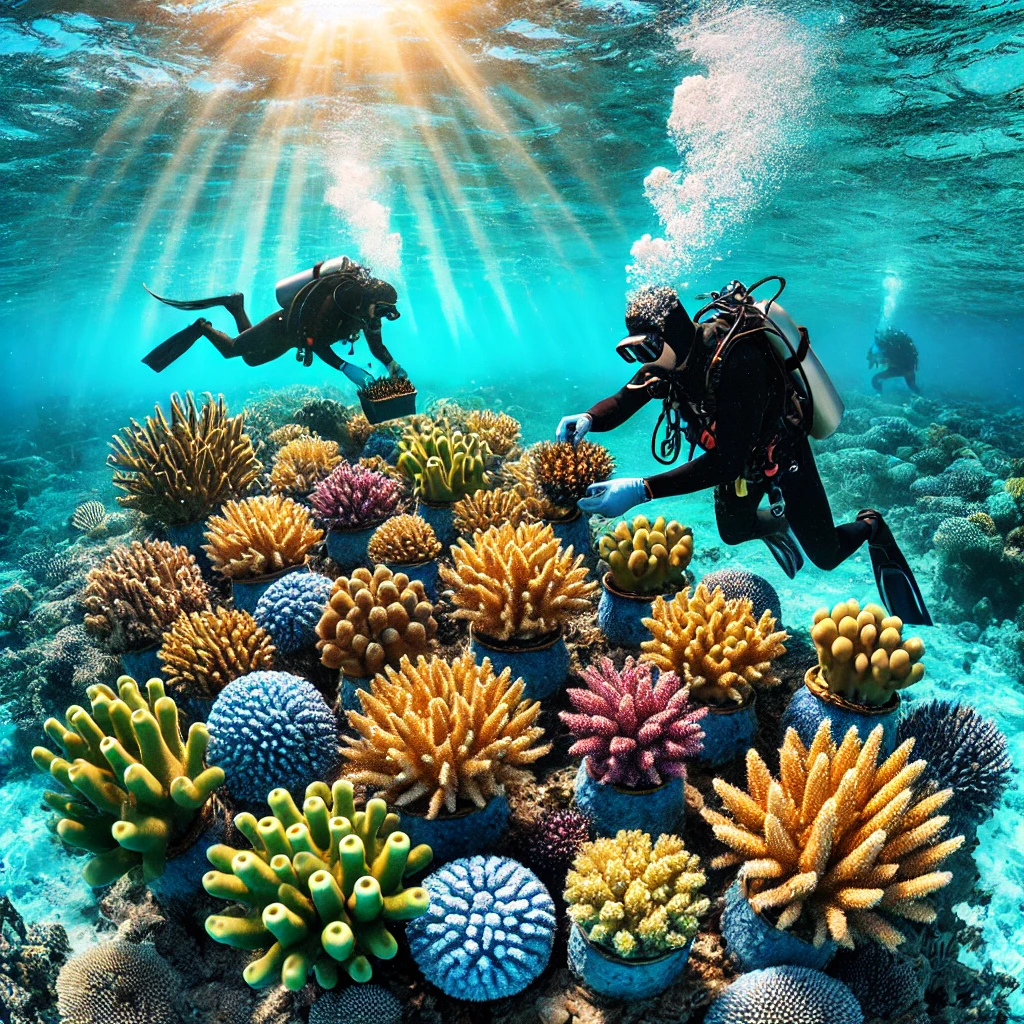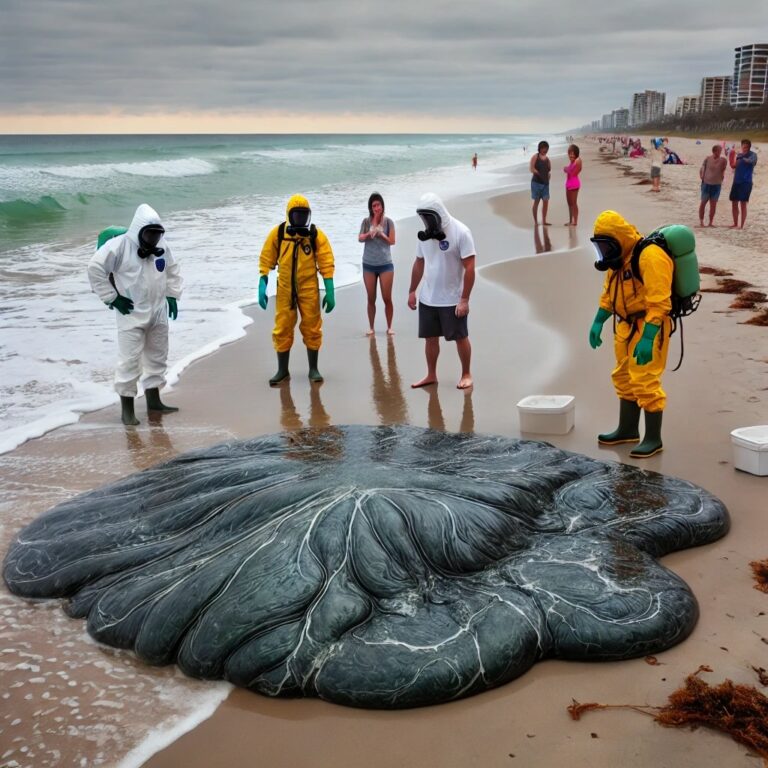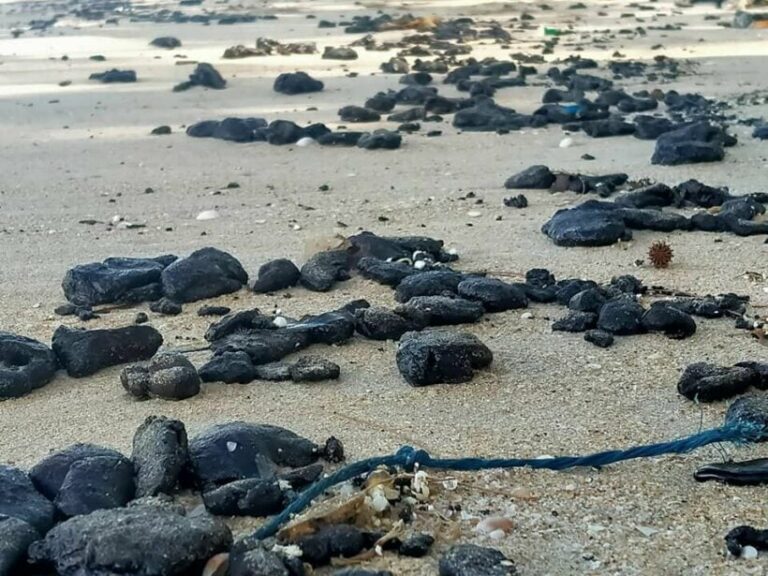Florida’s coral reefs have long been a stunning underwater attraction—until recent decades, when pollution, climate change, and disease began turning vibrant corals into pale shadows of their former selves. But now, scientists from the University of Miami’s Rosenstiel School of Marine, Atmospheric, and Earth Science have announced a significant breakthrough: genetically engineered coral capable of withstanding rising ocean temperatures.
A New Coral Hope
In groundbreaking research conducted off Florida’s coastline, marine biologists successfully transplanted heat-resistant coral strains onto natural reefs. These “super corals”, developed at the Coral Restoration Foundation in Key Largo, show remarkable resilience to warmer water temperatures, a leading factor in coral bleaching and reef degradation.
Dr. Rebecca Thurston, lead scientist on the project, explained: “We’re giving nature a fighting chance. This breakthrough means Florida’s reefs might not just survive—they could thrive again.”
A Revolutionary Approach
This approach, known as assisted evolution, involves selectively breeding and cultivating corals that have naturally adapted to higher temperatures. Scientists then transplant these hardy corals to affected areas along the Florida Reef Tract, stretching from Palm Beach down to the Florida Keys. Early results indicate dramatically improved survival rates compared to traditional coral transplant methods.
Coral Bleaching Crisis
Florida’s reefs face unprecedented threats. NOAA reports indicate that Florida has lost nearly 90% of its original coral coverage. Warm waters cause stressed corals to eject symbiotic algae, losing color and essential nutrients in the process—a phenomenon known as coral bleaching. Without intervention, scientists fear Florida’s reefs could be largely extinct by 2040, devastating biodiversity and tourism-based economies.
Economic Impact and Ecological Significance
Florida’s reefs contribute billions to the state’s economy annually, drawing tourists and supporting countless fishing and tourism jobs. Beyond economics, reefs protect coastal communities from storm surges, acting as natural barriers against hurricanes. Losing these reefs would have profound consequences for Florida’s ecosystem and economy alike.
Hope on the Horizon
This recent scientific breakthrough has buoyed optimism among conservationists. The successful transplantation of super corals could revolutionize reef restoration worldwide. Researchers caution that while it’s no silver bullet, it represents a significant step forward.
Local stakeholders and environmental groups urge continued investment in these restoration efforts, encouraging both policymakers and the public to support initiatives protecting Florida’s fragile reefs.
Interested in the science behind reef restoration? Check out our detailed exploration at FTL Review’s science and nature section. For broader initiatives protecting coral reefs, visit the Coral Restoration Foundation’s official website.




